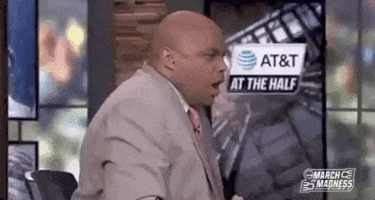Podiatry
can be great. For the majority, it is not, though... ROI, limited good jobs, saturation capping income... and making private practice competitive.
- Hospital employed DPMs = good income (not near MD surgeon, though), high avg to very hard hours, admin headaches and ortho
discrimination/abuse "politics", hard to get those few DPM hospital jobs - esp in any reasonably desired area
- Admin/"academic" jobs = pretty good income, fair hours, admin and ego nonsense, very rare
- Private practice owner = fair to great hours, no admin struggles, staffing/reimburse issues, need loans or wealth or big savings to start PP, competition all around you from hospital DPMs and others DPMs in PP
- Nursing homes = garbage job quality, fair income and hours, easy to get
- Private practice associate = low to low avg income, fair to poor hours, easiest DPM job type to get
The problem lies in that most people end up in the bottom category, number 5. The vast majority do. Some go to much less than optimal locations to find the higher order jobs (hospital or PP area without tons of competition or startup cost). We are not just talking about poor students; some well-trained people in podiatry take low pay jobs or jobs in far rural areas also. Most DPMs start their career as PP associates... and a fair number of them stay associates awhile or even end the career there also.

The needless new podiatry schools increase saturation, and who knows if more schools are in sight. Either way, just Google podiatrists in any area and check out how many there (versus ENT or Derm or even orthos or most legit types specialists). It's not as bad as chiro since podiatry is fairly insurance-covered and fairly accepted in the medical community, but podiatry is NOT good in saturation terms. We have the fraud, sleazy wound "grafts" and nerve stimulators and weird over-the-counter products, pods talking poorly of other pods, too many applications for any good job posting, poor ROI versus tuition, and everything that saturation brings.
I am PP owner. I have good training also, so technically I've won the podiatry game, right? Yes and no. I like it. I do pretty well. I have my loans almost paid off roughly 10yrs out of training. I have rockstar office staff and the trust of area primary care docs. I do surgery. Still, I do much marketing, angling, networking, take occasional walk-in or same day appts, and other things that area procedure MDs (ENT, derm, rheum, etc) just don't need to do. They are naturally busy and making a lot more income... because they're far from saturated. I absolutely have to work for it... and to maintain it. Saturation sucks.
...in the end, think about if
you'd like podiatry. You. Not the guy you shadowed. Not some rando on SDN.
You know yourself.
If you are just tunnel vision due to not being competitive enough for MD school but are wanting something fairly "doctor" similar, think twice... there are better options than DPM in terms of ROI and less loans (mentioned above). If you legitimately do like podiatry, then work HARD in school to get one of the limited strong training programs... but know that you still will have to kinda make your own luck and you won't get the office loans or income or job choices that MDs do (not even close). That is much more due to saturation of podiatry and much less standardized residency skill/competence of DPMs than DPM vs MD/DO degree discrimination, so realize that. You will get just as much debt, but you won't get the income when supply of DPMs faaar exceeds demand (and therefore income). Good luck

